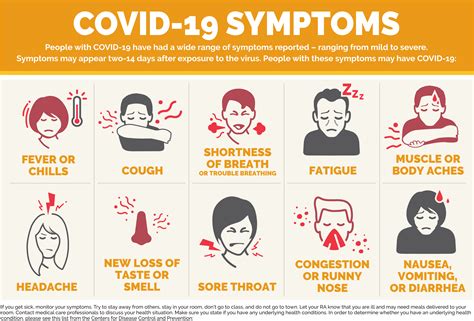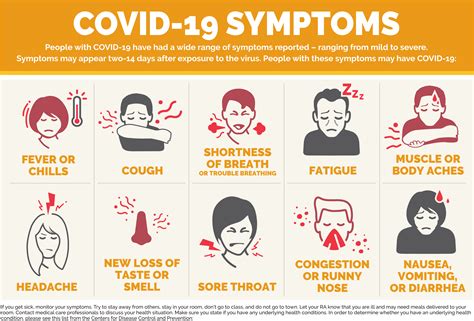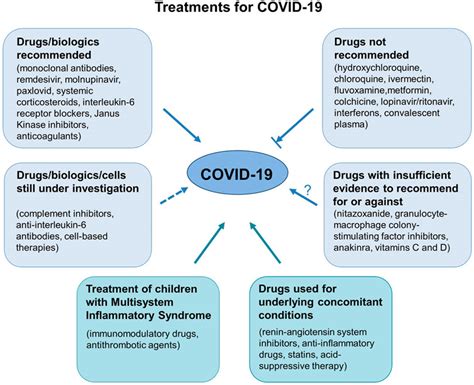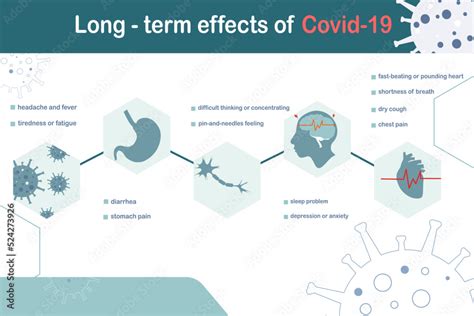Intro
Identify 5 key Covid symptoms, including fever, cough, and fatigue, and learn about related signs like shortness of breath, headache, and loss of taste, to stay informed about coronavirus infections and take preventive measures.
The COVID-19 pandemic has been a significant global health concern for several years, with the virus affecting millions of people worldwide. Understanding the symptoms of COVID-19 is crucial for early detection, treatment, and prevention of the spread of the virus. The symptoms of COVID-19 can range from mild to severe and can vary from person to person. In this article, we will delve into the common symptoms of COVID-19, their causes, and what to expect if you contract the virus.
The importance of recognizing COVID-19 symptoms cannot be overstated. Early detection and treatment can significantly improve outcomes and reduce the risk of complications. Moreover, being aware of the symptoms can help individuals take necessary precautions to prevent the spread of the virus. As the virus continues to evolve, it is essential to stay informed about the latest developments and updates on COVID-19 symptoms.
The COVID-19 pandemic has highlighted the need for global cooperation and awareness in combating infectious diseases. The rapid spread of the virus has shown how interconnected the world is and how quickly diseases can spread across borders. By understanding the symptoms of COVID-19 and taking necessary precautions, individuals can play a crucial role in preventing the spread of the virus and protecting themselves and their loved ones.
Common COVID-19 Symptoms

Causes of COVID-19 Symptoms
The symptoms of COVID-19 are caused by the SARS-CoV-2 virus, which attacks the respiratory system and can cause inflammation and damage to the lungs. The virus can also affect other parts of the body, including the heart, brain, and kidneys. The severity of the symptoms can depend on various factors, including the individual's age, underlying health conditions, and the presence of other infections.5 Common COVID-19 Symptoms to Watch Out For

What to Expect if You Contract COVID-19
If you contract COVID-19, you can expect to experience some or all of the symptoms mentioned above. The severity of the symptoms can depend on various factors, including your age, underlying health conditions, and the presence of other infections. In mild cases, individuals may experience symptoms similar to a cold or flu, and they may be able to recover at home with rest and hydration. In severe cases, individuals may require hospitalization and oxygen therapy to manage their symptoms.Prevention and Treatment of COVID-19

Treatment Options for COVID-19
Treatment for COVID-19 depends on the severity of the symptoms and the individual's underlying health conditions. In mild cases, treatment may involve rest, hydration, and over-the-counter medications to manage symptoms. In severe cases, treatment may involve hospitalization, oxygen therapy, and antiviral medications.Long-Term Effects of COVID-19

Managing Long-Term Effects of COVID-19
Managing the long-term effects of COVID-19 requires ongoing medical care and monitoring. Individuals who experience severe symptoms may require ongoing treatment and rehabilitation to manage their symptoms and prevent complications. It is essential to follow public health guidelines and take necessary precautions to prevent the spread of the virus.Conclusion and Next Steps

We invite you to share your thoughts and experiences with COVID-19 in the comments section below. Have you or a loved one experienced COVID-19 symptoms? What steps have you taken to prevent the spread of the virus? Share your story and help raise awareness about the importance of COVID-19 prevention and treatment.
What are the common symptoms of COVID-19?
+The common symptoms of COVID-19 include fever, cough, and shortness of breath. Other symptoms may include fatigue, headache, and sore throat.
How can I prevent the spread of COVID-19?
+You can prevent the spread of COVID-19 by practicing good hygiene, wearing a mask, avoiding close contact with individuals who are sick or have been exposed to the virus, and staying home if you are sick or have been exposed to the virus.
What are the long-term effects of COVID-19?
+COVID-19 can have long-term effects on the body, including respiratory problems, cardiovascular problems, and neurological problems. It is essential to follow public health guidelines and take necessary precautions to prevent the spread of the virus.
How can I manage the symptoms of COVID-19?
+You can manage the symptoms of COVID-19 by resting, staying hydrated, and taking over-the-counter medications to manage symptoms. In severe cases, treatment may involve hospitalization, oxygen therapy, and antiviral medications.
What should I do if I experience COVID-19 symptoms?
+If you experience COVID-19 symptoms, you should stay home, practice good hygiene, and seek medical attention if your symptoms worsen or if you experience difficulty breathing.
